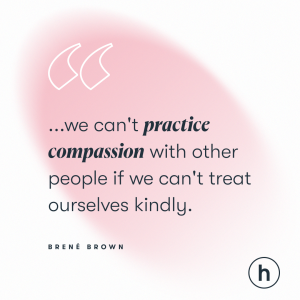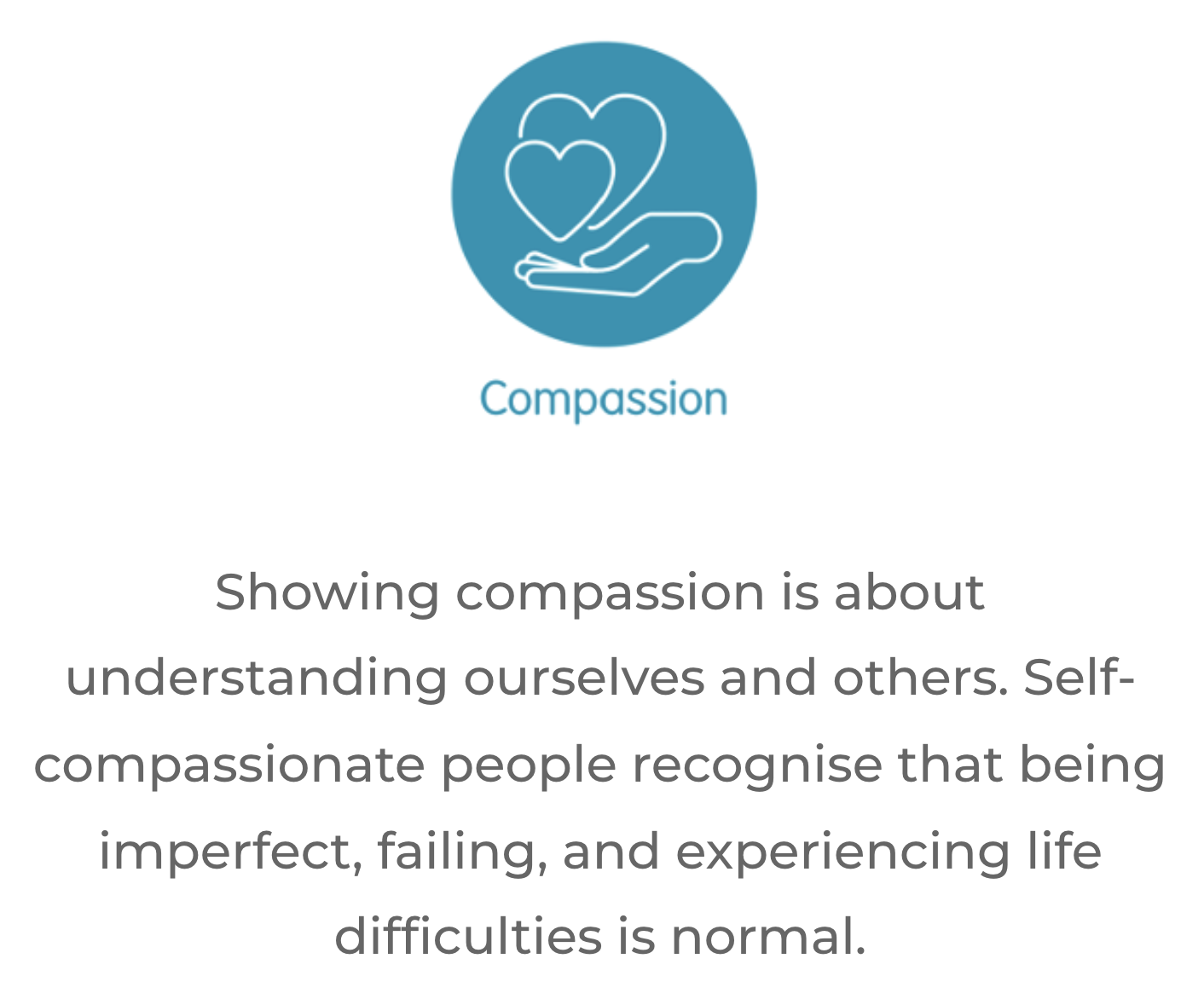Wellbeing: Self Compassion
Louise Birt & Ben Davis explore some ideas of self compassion
“Instead of mercilessly judging and criticising yourself for various inadequacies or shortcomings, self-compassion means you are kind and understanding when confronted with personal failings – after all, who ever said you were supposed to be perfect?” Dr Kristen Neff
Is being self-compassionate easier said than done? It is easy to mutter a criticism towards yourself, under your breath. Even easier if it is left silent to others – a scathing remark in your head. You can say something to yourself that you would not say to others. Even the simplest of errors, for example, a wrong click on the mouse… a dropped catch in a game, could be met with a caustic and course response of self-criticism. You can reprimand yourself in a way you would not do so in a social or professional situation to someone else.
But why do we do this? Why are we often much harsher on ourselves than others?
But why do we do this? Why are we often much harsher on ourselves than others?
Dr Kirsten Neff explains that self-compassion is not self-pity, nor is it self-indulgence. Having compassion for yourself is like having compassion for others. Compassion is one of the core values at St Martin’s Trust and we believe that compassionate behaviour is an important contributor your own wellbeing.

There have been studies that indicate activities such as volunteering and community service improve individuals’ mental and physical health but also that showing greater self-compassion and empathy strengthens people’s interconnectedness. We then have momentum that starts to build and can find ourselves in a positive situation where our self-compassion leads to altruistic behaviours which, in turn, helps us feel good about ourselves and so on.
Susan David believes that the need to be tough on yourself to succeed is a misconception. Instead, it is vital to show yourself kindness, especially during life’s difficult moments. In fact, self-compassion can make you more resilient.
There are many books to read, research papers to study, talks to listen to… but, to be compassionate is a human trait. We get internal feedback so we know that it must be right. Many organisations are led by this belief – The Mental Health Foundation, for example, see clear links of being kind and compassionate to wellbeing and happiness.
There are many aspects to wellbeing. We are impacted by our financial circumstances; satisfaction at work; family and social situations and our physical health. But if we can be more intentional with self-compassion, it could be a good place to start.
Louise Birt & Ben Davis
Pastoral Officer and Safeguarding Lead / Trust CEO
